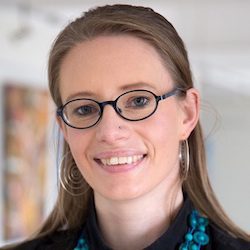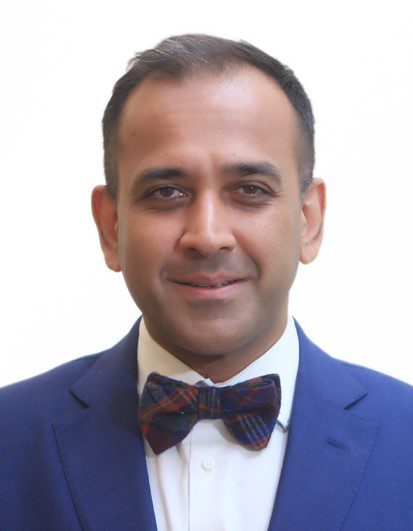Event recording

[WebDebate #47] Current diplomatic responses to COVID-19
Tuesday, 4th May, 12:00 UTC (08:00 EDT | 14:00 CEST | 20:00 CST)
COVID-19 has posed tremendous challenges to diplomacy. Practices had to be adapted while diplomats had to address the immediate crisis situation and work towards coordinated responses. In this WebDebate, we focus on two current diplomatic responses to COVID-19: the COVAX (COVID-19 Vaccines Global Access) initiative, and the work done at the 46th session of the UN Human Rights Council (HRC).
Join us on Tuesday, 4th May, at 12:00 UTC (08:00 EDT | 14:00 CEST | 20:00 CST).
Registrations are now closed. You can follow the event on YouTube:
![[WebDebate #47] Current diplomatic responses to COVID-19 1 YouTube player](https://i.ytimg.com/vi/Tn07CRXprbc/maxresdefault.jpg)
and Facebook live streams.
COVAX is a global initiative that aims at equitable access to COVID-19 vaccines. Through the initiative, 92 low- and middle-income economies are eligible to get access to COVID-19 vaccines. As of April 20 2021, it has shipped over 40.5 million COVID-19 vaccines to 118 participants. Diplomatic efforts such as the Friends of the COVAX Facility (FOF), led by Singapore and Switzerland, played an important role in making COVAX a reality.
In its 46th session, the HRC passed ‘Resolution 46/14 on Ensuring Equitable, Affordable, Timely and Universal Access for all Countries to Vaccines in Response to the Coronavirus Disease (COVID-19) Pandemic’. It is worth unpacking the dynamics at the HRC and the discussion around this resolution.
In short, WebDebate #47 takes a closer look at the accomplishments and ongoing challenges of diplomatic responses to COVID-19. We feel that discussing the COVAX initiative and shining a light on the human rights dimension of the pandemic couldn’t be more timely.
Join our experts for the discussion.
Speakers
![[WebDebate #47] Current diplomatic responses to COVID-19 2 [WebDebate #47] Current diplomatic responses to COVID-19](/wp-content/uploads/2020/03/Amb-Umej_02.jpg)
![[WebDebate #47] Current diplomatic responses to COVID-19 3 [WebDebate #47] Current diplomatic responses to COVID-19](/wp-content/uploads/2021/06/Marc-Limon_0.jpg)
About our WebDebates
Our WebDebates on the future of diplomacy are live-streamed on the first Tuesday of every month. They are organised by DiploFoundation within the framework of the International Forum on Diplomatic Training (IFDT). Learn more about our series of WebDebates here.





